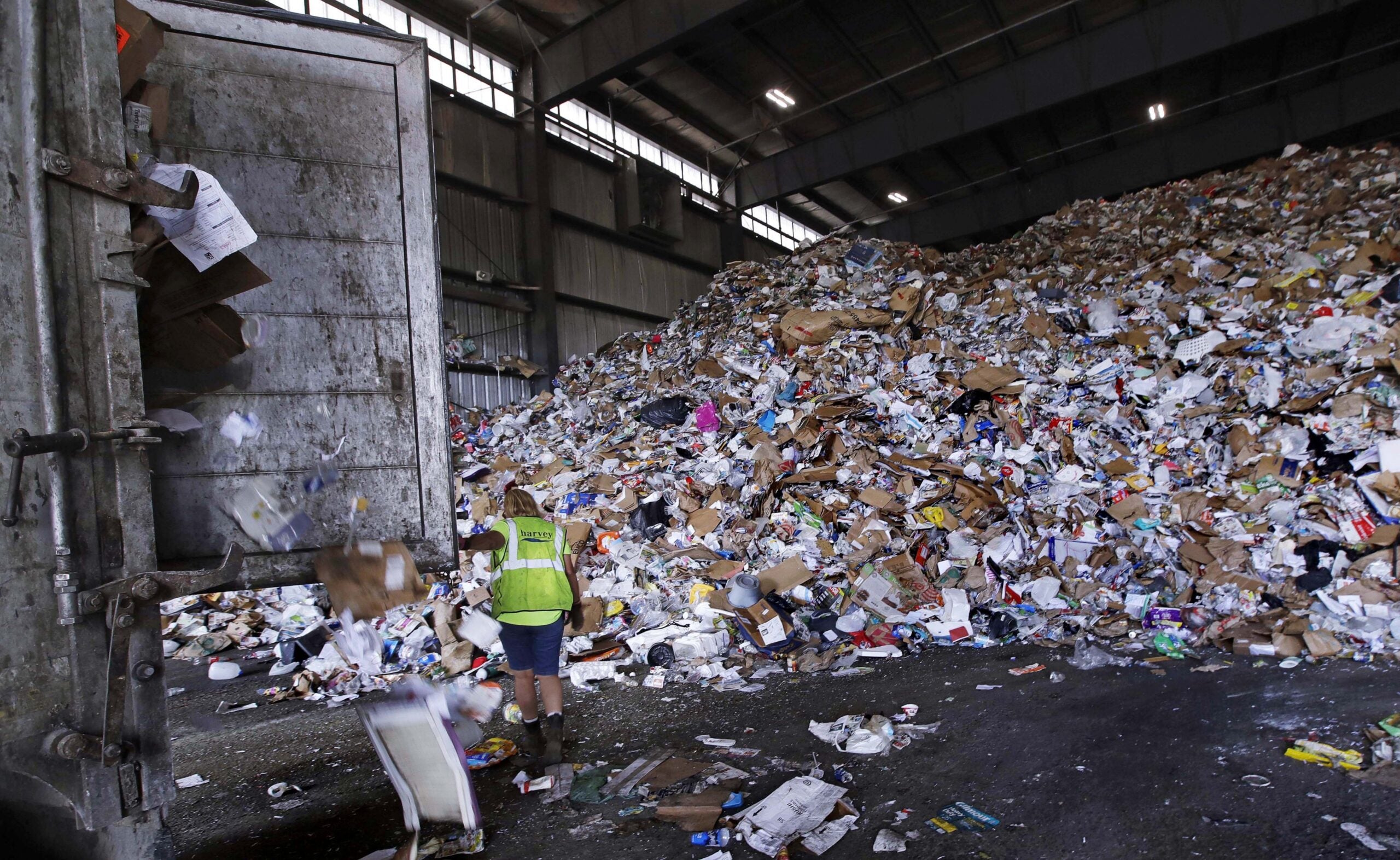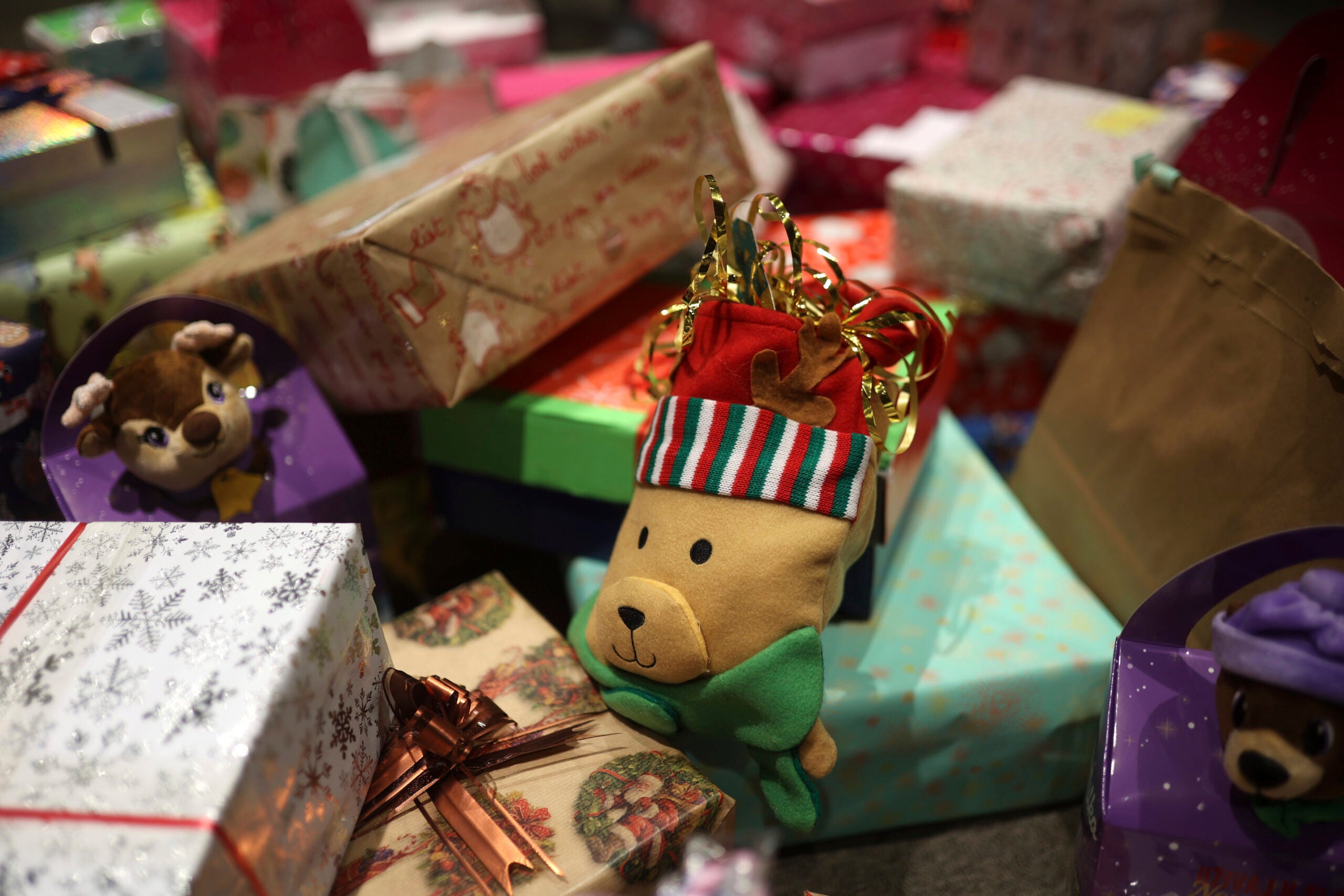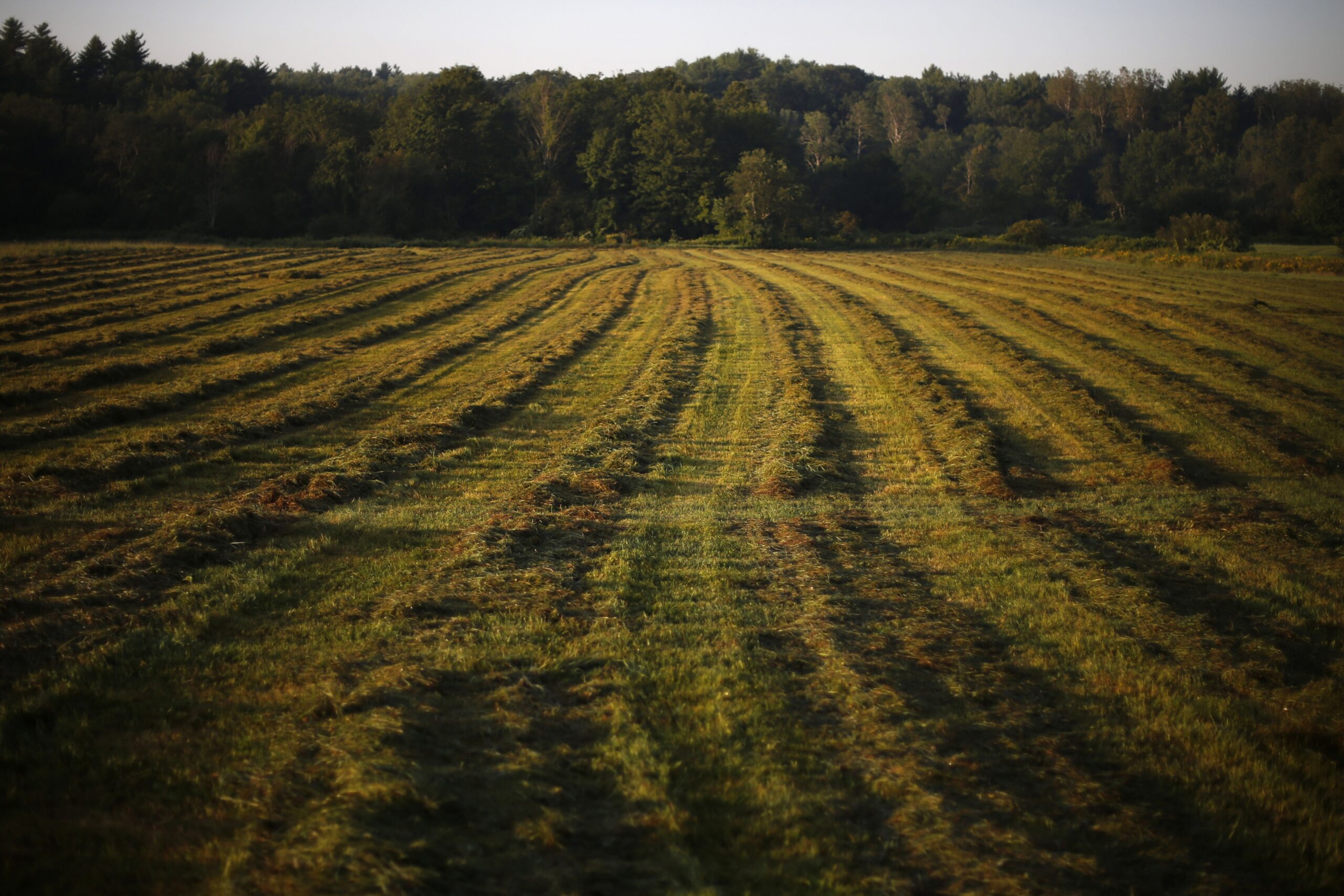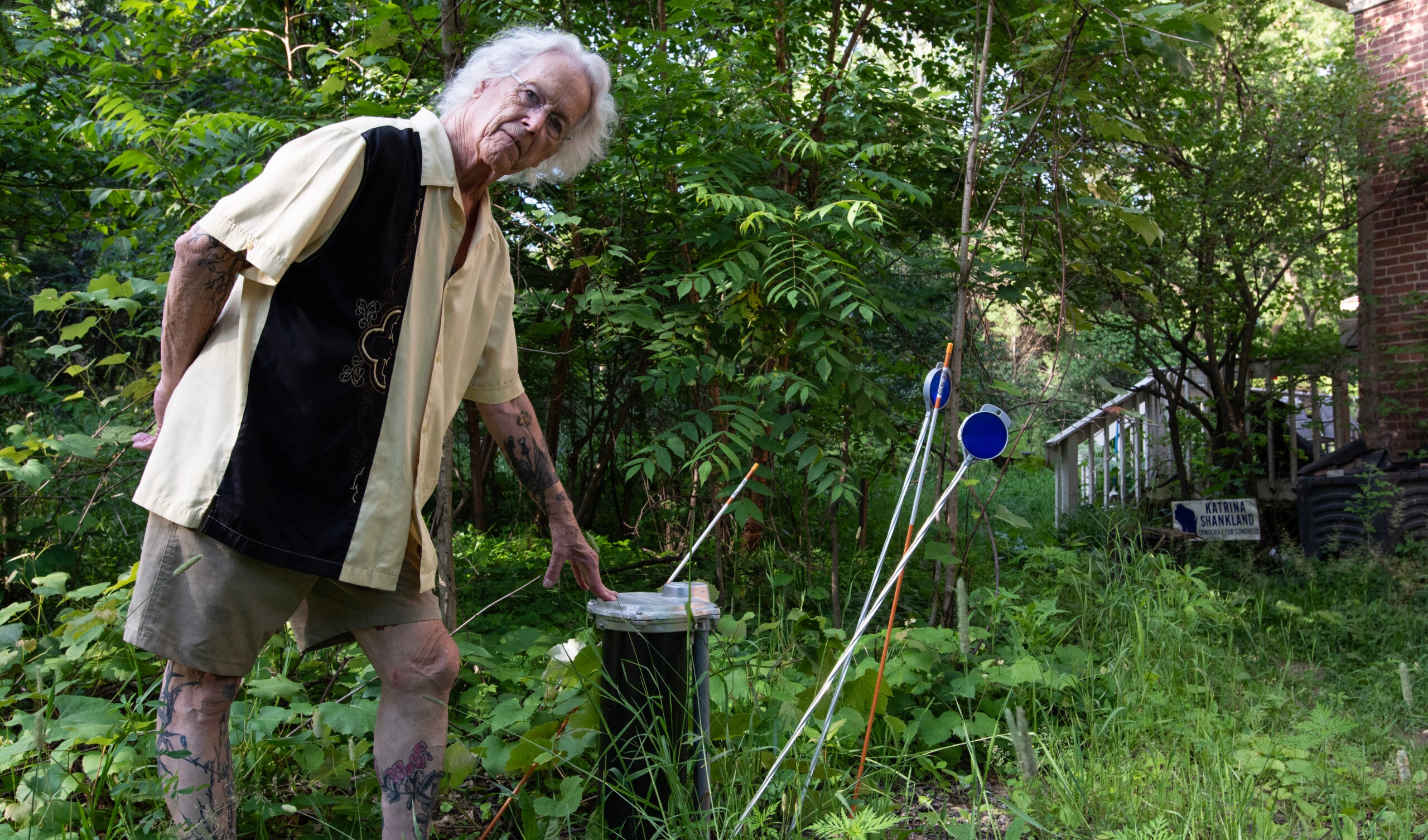A policy change in China is causing waste haulers and local governments in Wisconsin to take a closer look at what residents put in their recycling bins.
In 2017, China established a policy called “National Sword,” which banned the importation of plastic waste and set contamination standards for other materials that waste haulers say are “virtually impossible” to meet. The Chinese government said the policy was meant to protect the environment.
Waste Management spokeswoman Lynn Morgan said while most of Wisconsin’s recyclables are shipped to the eastern United States, not China, there’s still a backlog because those coastal states were major exporters to China.
News with a little more humanity
WPR’s “Wisconsin Today” newsletter keeps you connected to the state you love without feeling overwhelmed. No paywall. No agenda. No corporate filter.
“With this oversupply, a change is taking place that probably was long overdue and that’s that people are looking to recyclers to provide cleaner material — fewer contaminants in the materials — that we provide to the end users,” said Morgan.
She said that for years, China paid good money for U.S. recyclable materials and food contamination or inclusion of non-recyclable materials wasn’t as big of an issue.
“We call it ‘wish-cycling,’” Morgan said. “So, it’s, ‘Hey, I wish this was recyclable. I’m going to hope that it’s recyclable. So, I’m going to put it in the recycling container and hopefully I’m right. If not, someone else will fix it.’ The cost of fixing it is significant.”
Now, she said companies that buy recyclable materials from sources like Waste Management want cleaner material that costs less to reuse.
“The biggest problems that we see are plastic bags and food and liquids,” said Morgan. “If we could wave a magic wand and eliminate those contaminants from the mixed-recycle stream, it would make a big difference.”
Morgan said waste haulers are paying attention to recycle bins and dumpsters that have high amounts of waste in them. That can result in financial penalties.
Meleesa Johnson, Marathon County solid waste director and president of the Associated Recyclers of Wisconsin, said even her county department was warned by a hauler about having too much waste in recyclables dropped off at their office.
“And that was a wakeup call,” said Johnson. “I mean, I’m out telling people to make sure they’re doing good quality control and we weren’t even taking care of it here.”
Johnson said Marathon County is redoubling efforts to educate residents and businesses in hopes of adapting to changes within the recycling industry.
“If we can get good quality control right from the households, those municipalities probably will not have to face penalties for having highly contaminated recyclables,” she said.
Wisconsin Public Radio, © Copyright 2026, Board of Regents of the University of Wisconsin System and Wisconsin Educational Communications Board.







